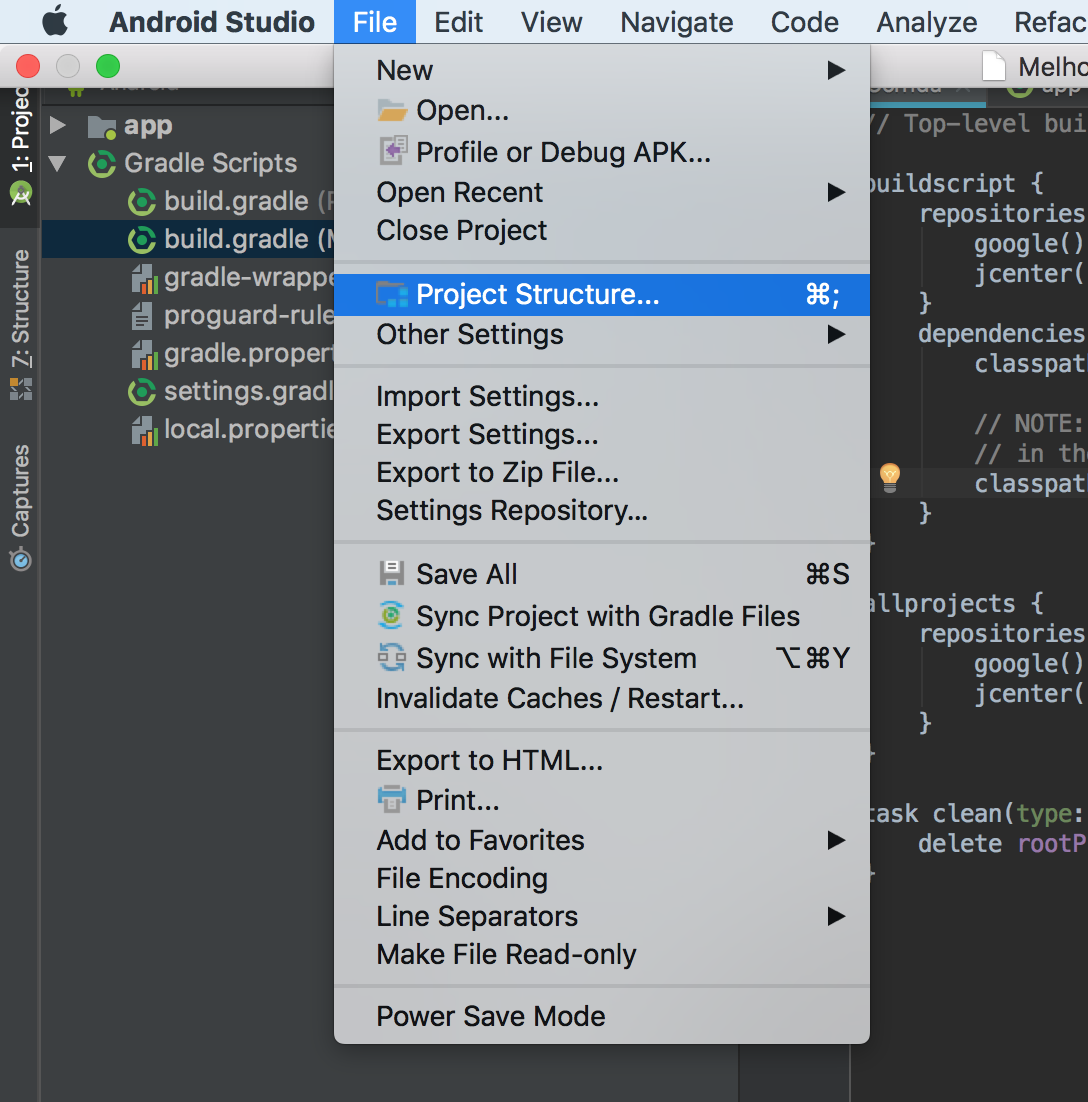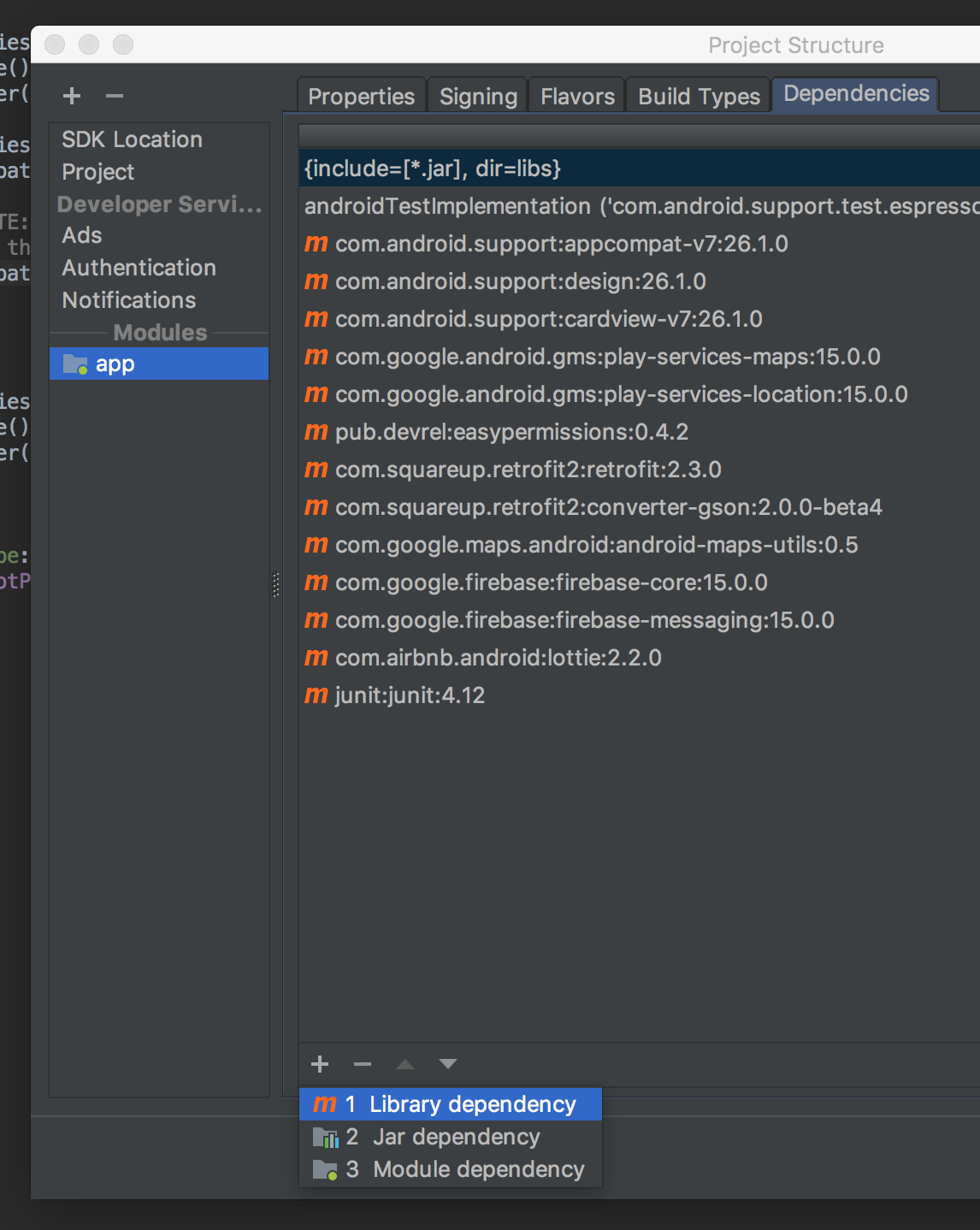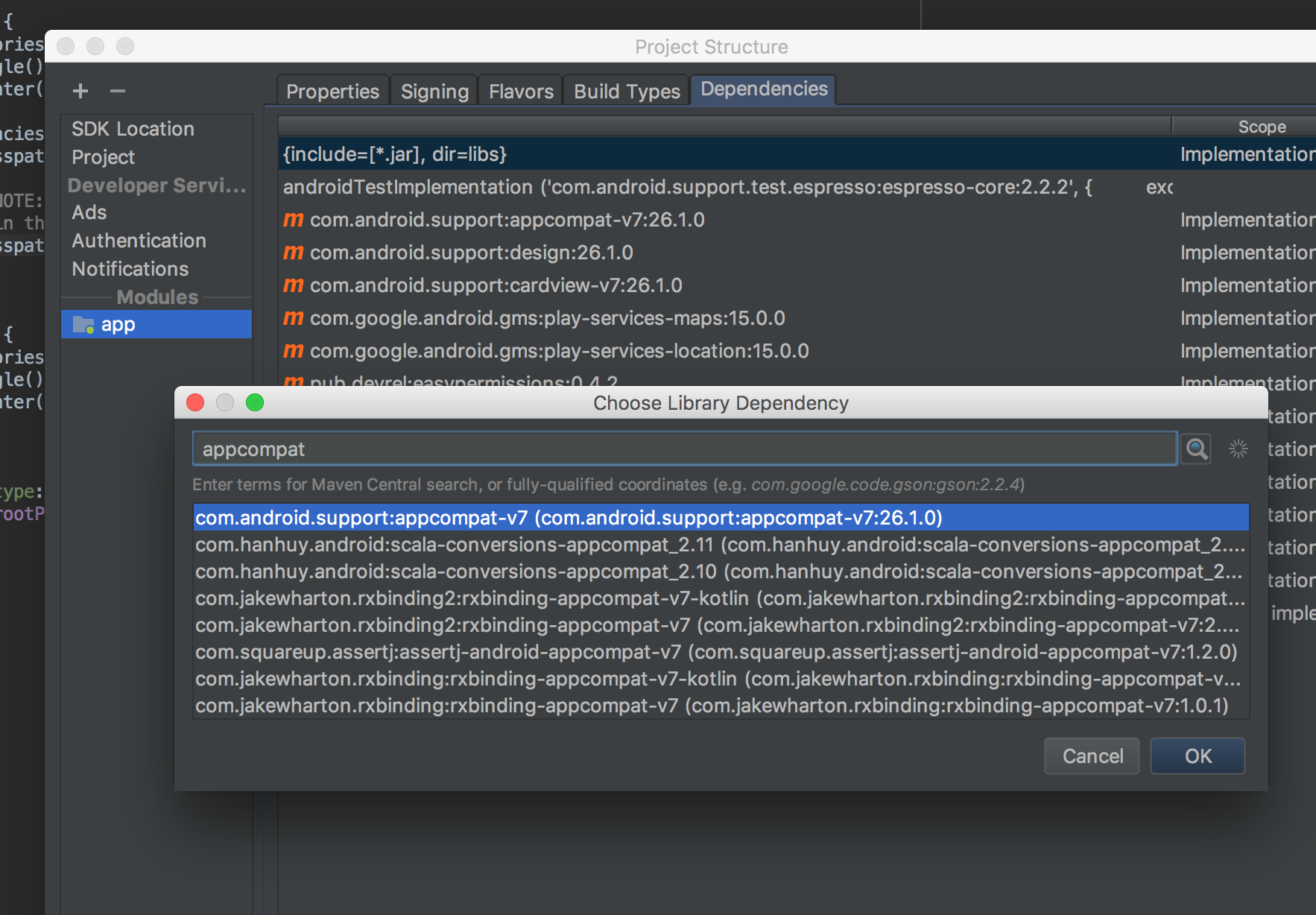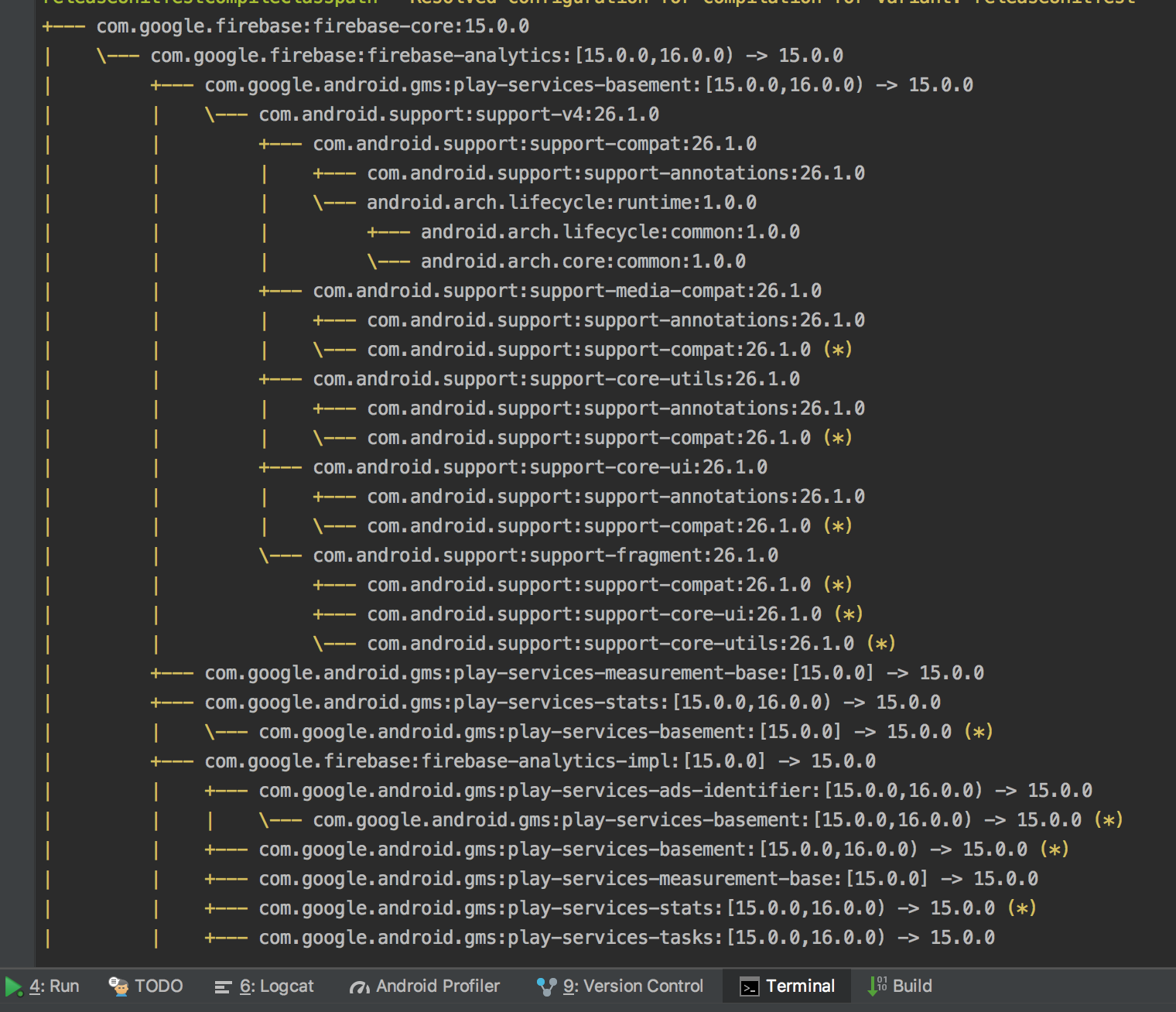Is there an easy way to get gradle to update dependencies to their latest available version?
For build reproducibility all my dependencies are defined with a version number like this in my build.gradle file:
dependencies {
compile 'namespace:package1:version'
compile 'namespace:package2:version'
compile 'namespace:package3:version'
}
Periodically I want to update every package to their latest version. Typically this is the first thing I do for a new sprint after making a release.
It's a real pain doing this manually for each package. Ideally I would like a command to update the build.gradle file for me but at the very least a command that prints out which package needs an update and what the latest version number is.
In ruby land I would run bundler update.




